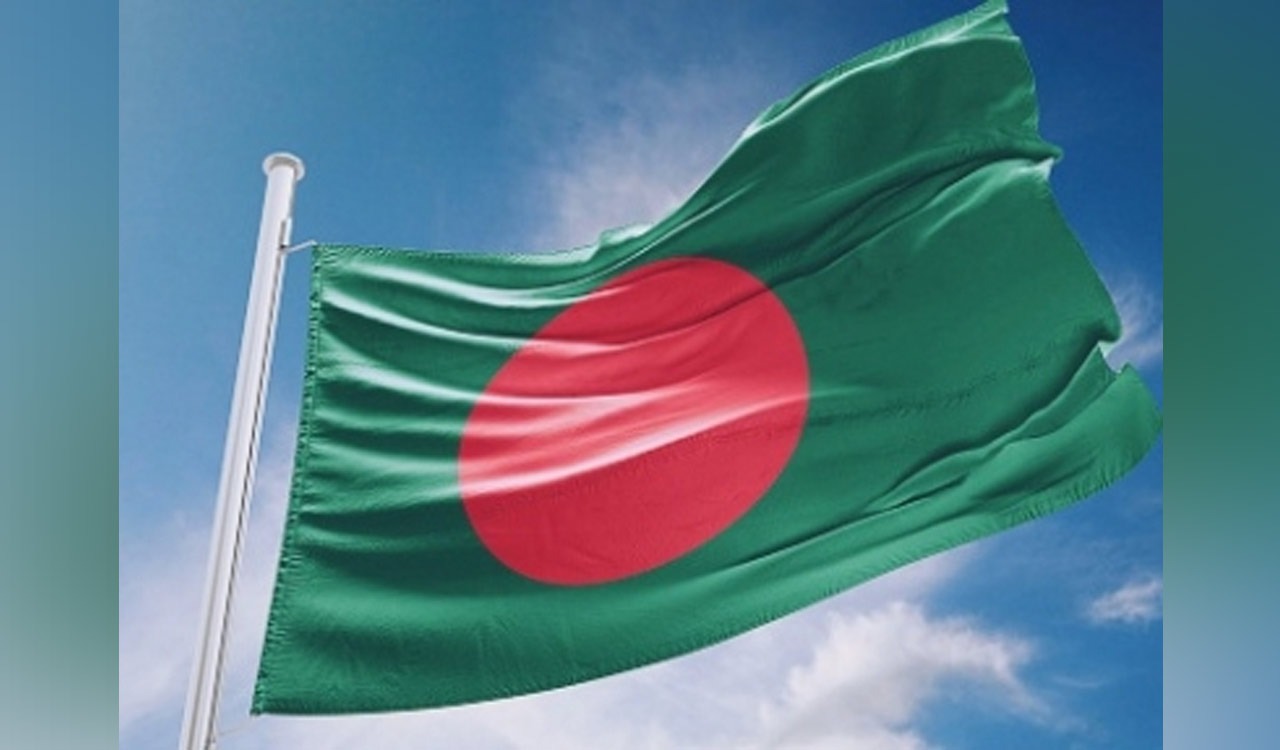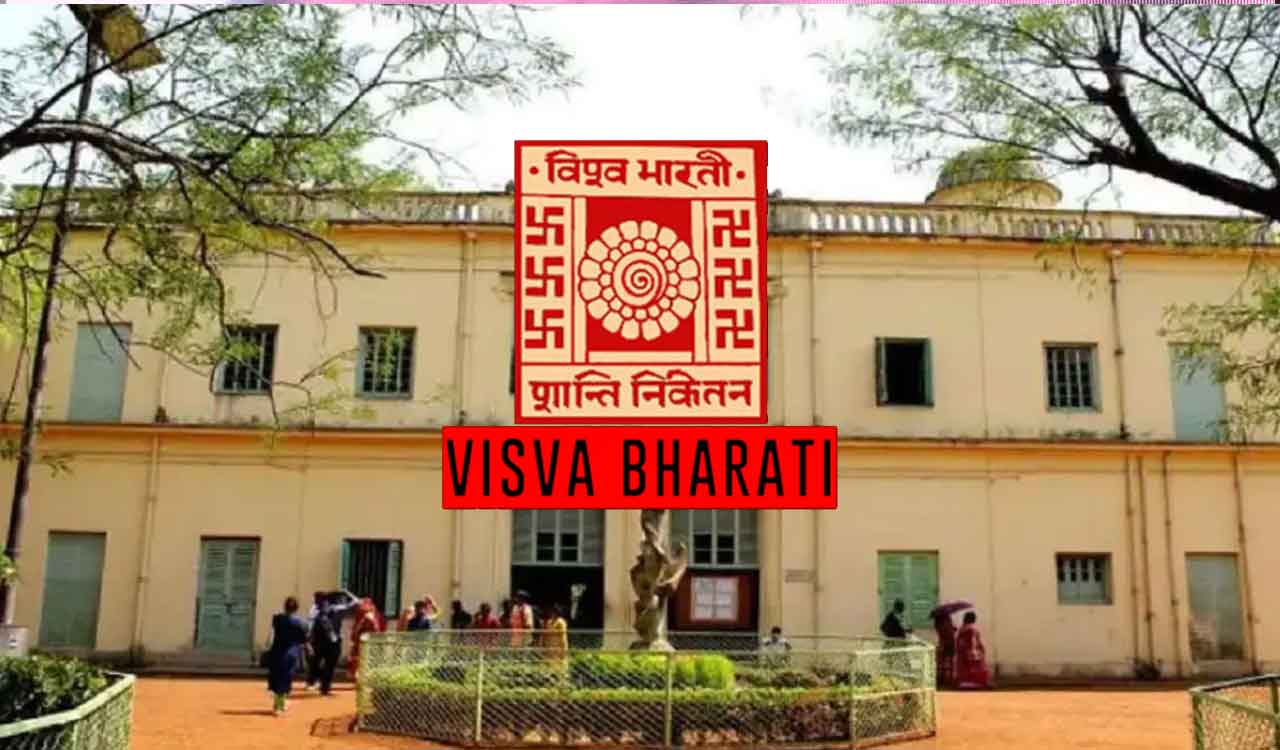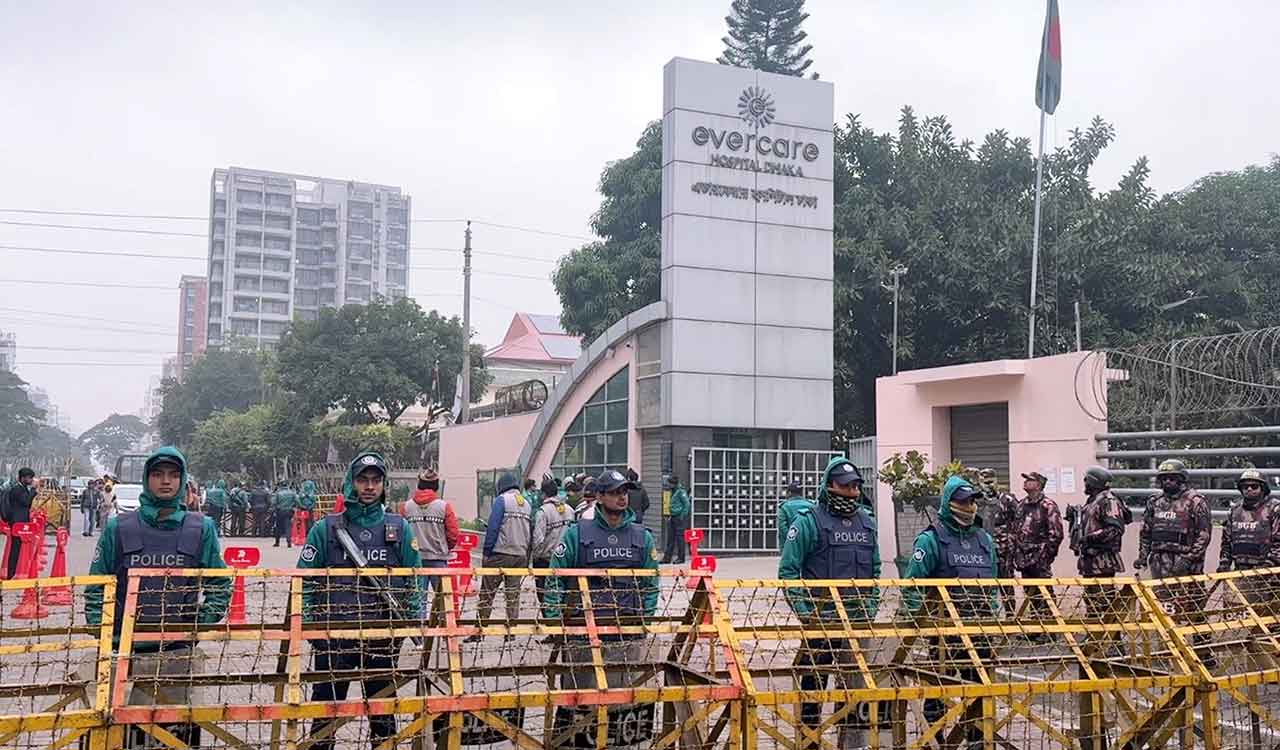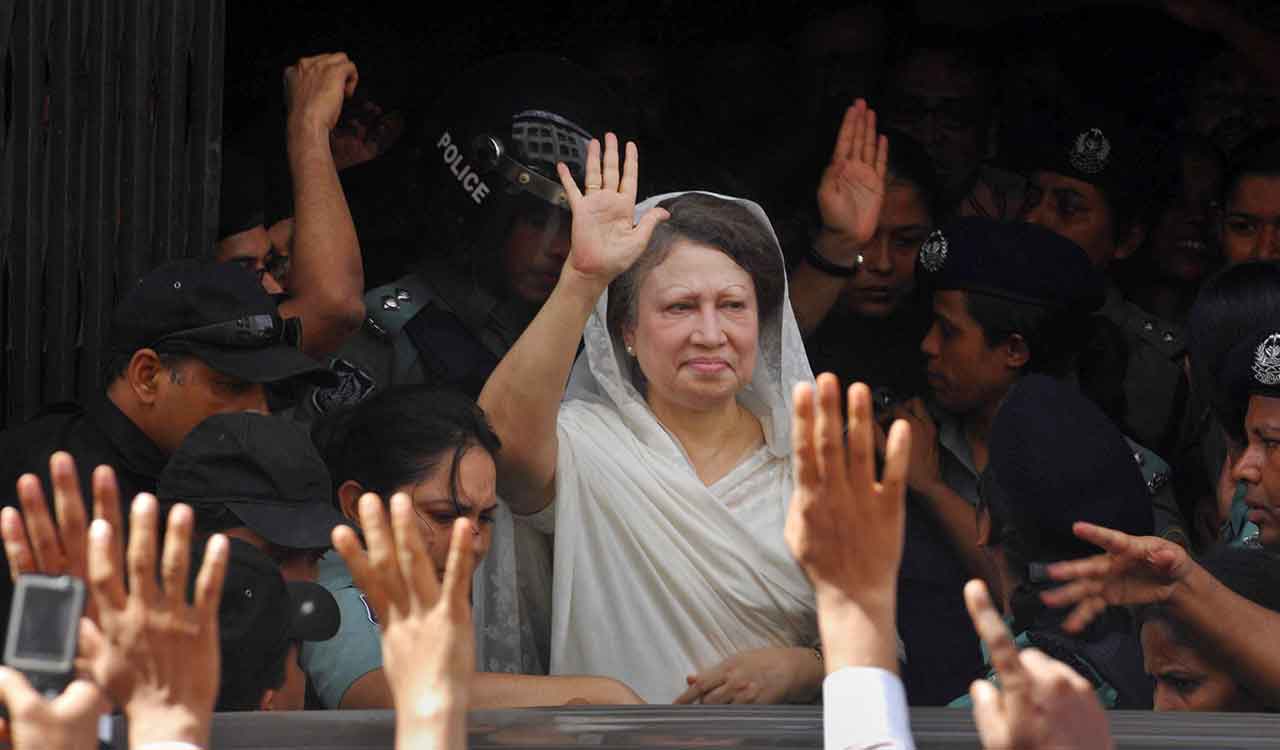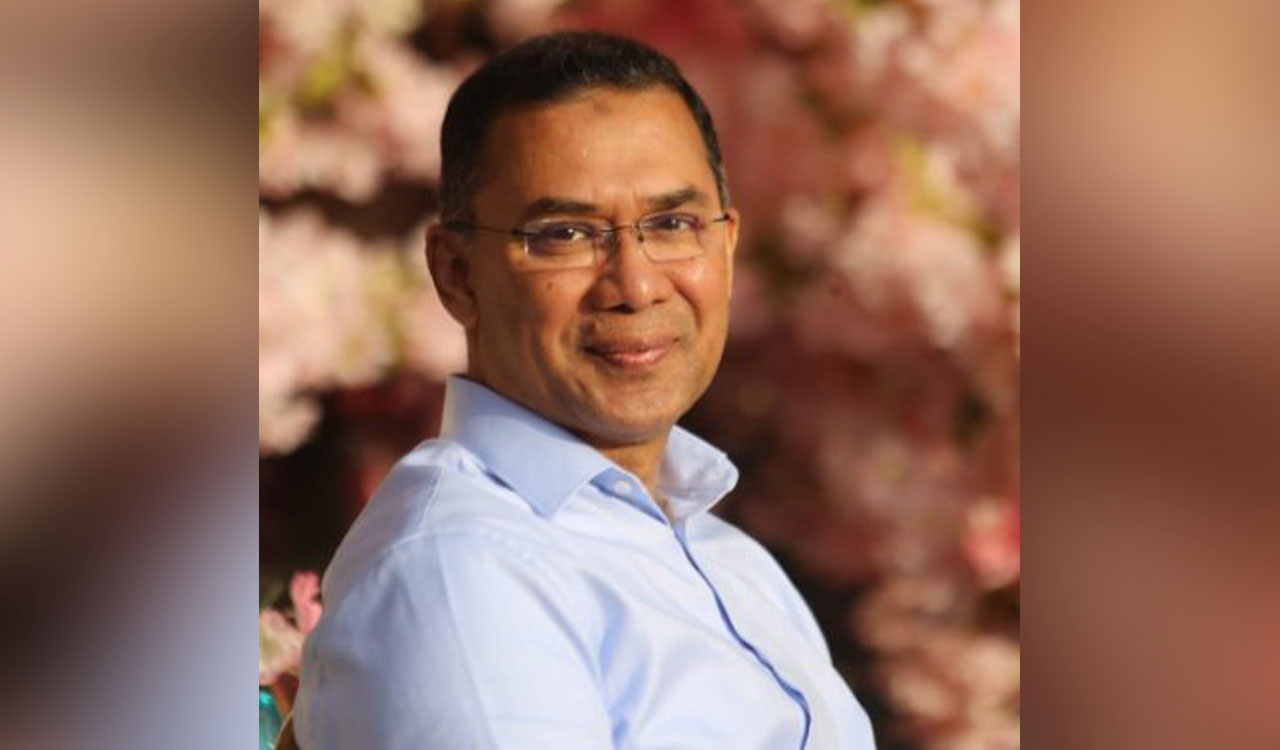Dhaka: A new political controversy has surfaced in Bangladesh, with rival political parties clashing over whether a single leader should simultaneously hold multiple top roles in government and party leadership, according to local media reports.
The issue came to the forefront during the ongoing dialogue between political parties and the National Consensus Commission (NCC) of Bangladesh. Speaking to reporters on Sunday after the 15th day of the second phase of discussions at the Foreign Service Academy in Dhaka, Bangladesh Nationalist Party (BNP) Standing Committee member Salahuddin Ahmed detailed the deliberations and party positions on the matter.
The BNP expressed support for the practice of allowing one individual to serve as Prime Minister, Leader of the House, and party chief. However, the NCC proposed restricting individuals to only one top post, a suggestion backed by the National Citizen Party (NCP) and several other political groups.
The Jamaat-e-Islami took a middle-ground position, supporting the idea of one individual holding the dual roles of Prime Minister and Leader of the House but opposing the control of all three roles by a single person. “There is not much disagreement about the Prime Minister also serving as Leader of the House,” Salahuddin Ahmed said, as quoted by the Dhaka Tribune. “But whether the same person should also be the party chief remains a matter of debate.”
Ahmed added that the BNP has submitted a written proposal supporting the right of a party chief to be considered for the role of Prime Minister, maintaining that such a restriction would be “undemocratic and contrary to the practice of parliamentary democracy.”
On the other hand, NCP leader Ariful Islam Adeeb opposed the concentration of power in one individual. “One person holding the positions of Prime Minister, party chief, and Leader of the House prevents the development of alternative leadership. We want an end to this tradition,” Adeeb stated.
Jamaat leader Syed Abdullah Muhammad Taher echoed similar concerns, arguing that the consolidation of these key roles undermines democratic structures. “MPs are unable to speak out, and party leaders and activists live in fear,” he said. “We believe one person may hold the roles of Prime Minister and Leader of the House, but not that of party chief. This would help restore balance in the political structure.”
This debate comes amid ongoing political uncertainty in Bangladesh. The second phase of talks, involving around 30 political parties and the NCC, began last month. These discussions aim to complete reform recommendations initiated by the interim government and draft a July Charter for political restructuring.
The lack of a definitive roadmap for reforms and elections continues to fuel unrest, with several parties openly criticizing the Muhammad Yunus-led interim government’s controversial policies and the perceived ineffectiveness of its advisors.

